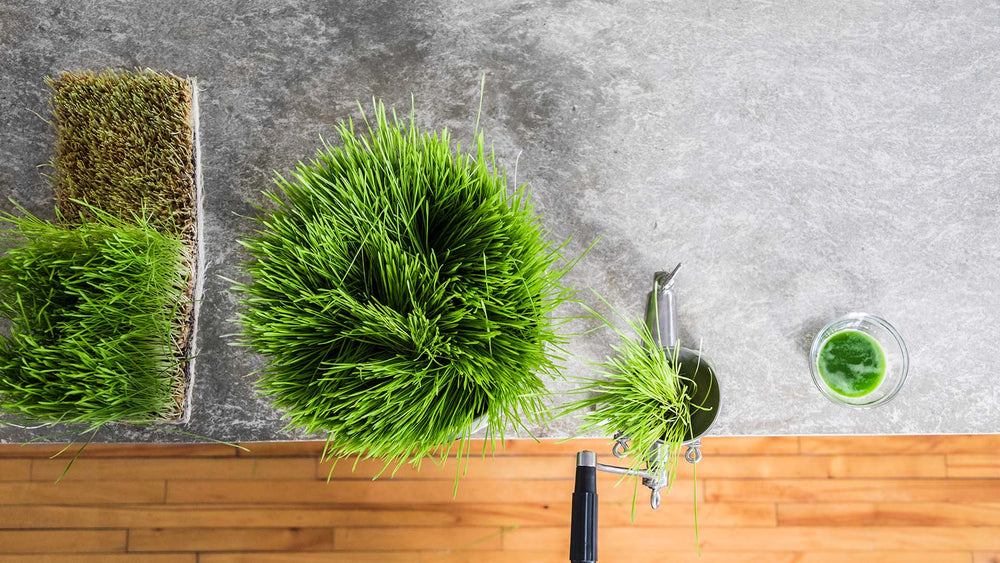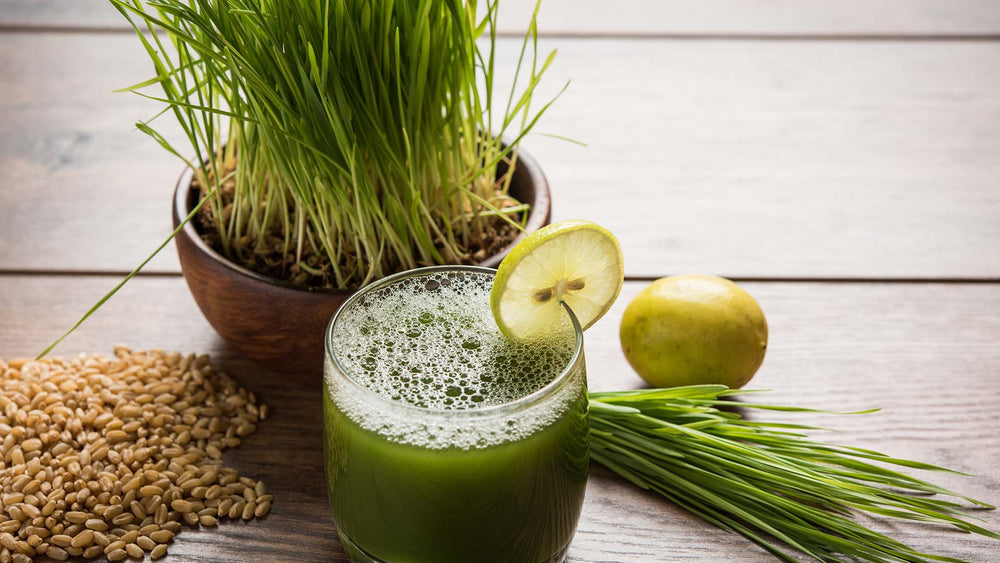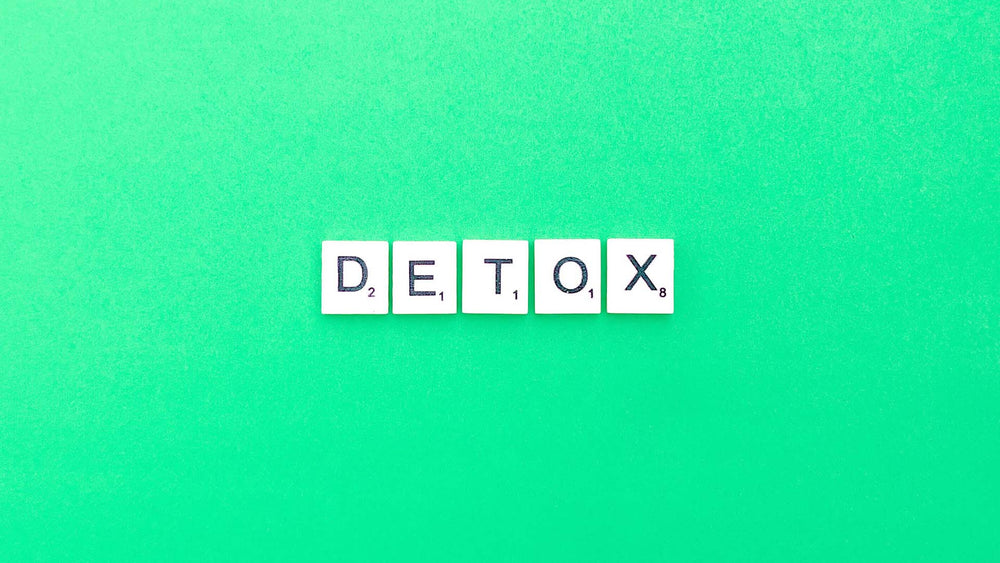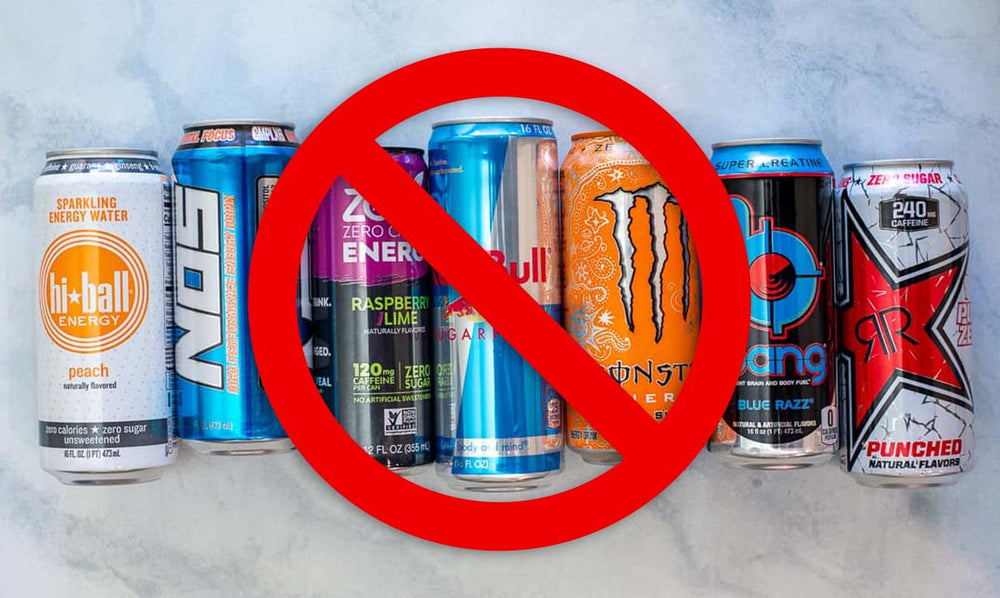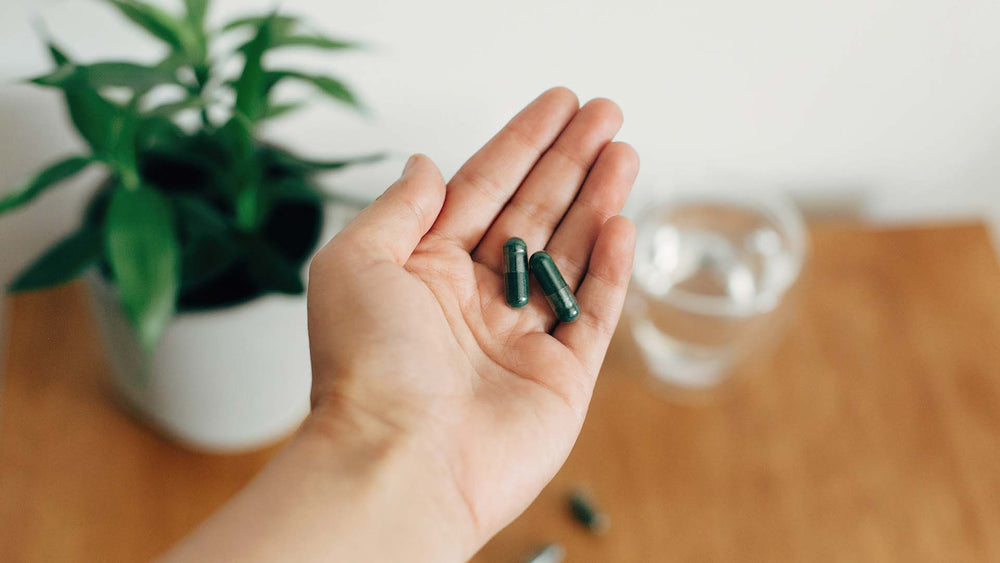Eating a healthy diet, exercising, and controlling stress are just a few of the lifestyle changes you can make to prevent diabetes. Almost half of Americans suffer from diabetes or pre-diabetes, according to a recent study published in the Journal of the American Medical Association.
The number of diabetic Americans tripled between 1990 and 2012. Doctors and researchers cite obesity, lack of exercise and poor diet as the primary reasons for this upswing. Diabetics are more prone to vision and mobility problems, heart disease, foot problems and nerve damage.
To stay healthy and live longer, reduce your chance of getting diabetes by making a few simple daily changes. You don't need to workout for hours everyday or become a vegetarian to avoid diabetes; you just need make a few common sense choices.
Prevent Diabetes with a Healthy Diet
Always use a grocery list when you go shopping. If you “wing it” without a list, especially when you're hungry, you'll end up with expensive, processed foods, sweets and other high-calorie items. These foods have eye appeal, but aren't good for your health or pocketbook. You'll lower your risk of contracting diabetes and save money when you stop buying soda, chips, cookies and other high-sugar, high-salt junk food.
If you're on a budget, or if you're low on willpower, try easing into a new diet. Fill up your kitchen with healthy foods that you can snack on, including whole grain crackers, cheese, fruit, yogurt and cottage cheese. That way you won't be tempted to run to the convenience store for a junk food fix.
Fresh fruits and vegetables are brimming with Vitamin C, Vitamin A, calcium, magnesium and other vitamins and minerals. Some long-time junk food addicts may find it hard to transition from sugary foods to fresh fruits and veggies. If you're one of them, wean your way into raw fruits and veggies by eating canned versions of peaches, green beans, spinach and other healthy foods. The canned versions won't be as nutritious as fresh fruits and vegetables, and they'll contain some sugar, salt or corn syrup. Eating canned fruits or veggies is better than eating candy or junk food, and it acts as an intermediary food between the healthiest choices and diabetes-causing snacks.
Avoid buying diet or diabetic foods under the presumption they'll be better for you. They usually offer the same benefits that plain old healthy food does, and they cost more.
If you've been diagnosed with diabetes, or if you want to prevent diabetes 2, there are plenty of delicious, whole foods with nutrients to keep you healthy and help regulate blood sugar, blood pressure and cholesterol.
Processed foods, fatty meats, alcohol, junk food and fried food are highly acidic and cause digestive problems, weight gain and may even contribute to anxiety and depression. Eating a diet rich in alkaline and slightly acidic foods will help you maintain a healthy body pH. You don't need to eliminate all acidic foods from your diet, just moderate your intake of highly acidic foods (junk food, condiments, salt, sweeteners, cranberries and plums, etc.). This will give you a balanced body pH of around 7.35 to 7.45. A slightly alkaline pH also helps you maintain a healthy weight, another tool to prevent diabetes.
Beans
Vegans and vegetarians can get most of their protein from beans, and even if you eat meat, you should think about cutting down and adding more beans to your diet. According to a 2012 article in Diabetes Self-Management, beans, lentils and chickpeas may help control blood sugar and lower blood pressure in people who already have diabetes, so it can certainly help prevent diabetes in people who may be prone to the condition. A study conducted by the University of Toronto showed that people with Type 2 diabetes who consumed one cup of legumes every day for three months had a lower blood glucose level than subjects who consumed whole wheat products every day during the three month period. Both beans and whole wheat have a low glycemic index, which means they cause blood glucose to rise gradually).
Beans are :
- A great source of fiber, which helps you stay regular.
- Fill you up to prevent overeating
- Lower cholesterol.
- Contain calcium, to help you burn fat and maintain a healthy weight.
- Offer plenty of protein, with a low amount of saturated fat.
- Contain all B-complex vitamins except for Vitamin B12 and Vitamin B7.
Barley
This grain provides beta-glucan, a fiber shown to lower LDL cholesterol, and a recent study published in the British Journal of Nutrition indicates that it can help control blood glucose and lower your chance of developing diabetes. The research, conducted at Lund University in Sweden, involved middle-age subjects who ate barley bread with meals for three days. About 14 hours after dinner each day, they were tested for diabetes risk factors. The results showed decreased blood sugar and insulin, improved metabolism and a decrease in appetite. According to researcher Anne Nilsson, barley may be responsible for energizing gut hormones that regulate insulin and appetite. By reducing appetite, barley can control obesity, one of the major causes of diabetes.
You can add barley to soups, stews and side dishes, or eat barley bread. For better nutrition, buy hulled barley from a health food store instead of the pearl barley available at supermarkets.
Other eating tips to prevent or control diabetes:
Choose high-fiber carbohydrates: Carbs can make your blood sugar spike if you eat refined flour products. Whole grains and complex carbohydrates are digested slowly, so they won't raise your blood sugar. Complex carbs include sweet potatoes, brown rice, steel-cut oats, peas, spinach, kale, whole wheat bread and whole wheat pasta.
Follow the Mediterranean Diet: The heart-healthy Mediterranean diet also helps reduce your risk of diabetes. The diet is based on foods eaten by people living in Greece and other countries that border the Mediterranean Sea. Whole grains, fish, fruits, vegetables, nuts, olive oil and yogurt. Moderate amounts of eggs, dairy and lean red meat are included. The Mediterranean diet is loaded with fiber and healthy fats, and lowers cholesterol and blood pressure. Red wine, which contains resveratrol, a phenolic compound with free radical fighting antioxidants, is a staple at dinner in many Mediterranean households. According to a study by Israeli researchers, moderate consumption of red wine (and to a lesser extent, white wine), improves heart health in people with diabetes.
Other great foods to prevent or control diabetes are tuna (rich in Omega 3's and Vitamin D), dates (these sweet fruits contain fiber and antioxidants), walnuts (a handy snack with fiber, Omega 3 fats and biotin), and flavonoid-rich, unsweetened dark chocolate.
Quit Smoking to Prevent Diabetes
If you smoke, you have a 50% higher risk of developing diabetes than a non-smoker. Drinking is usually lumped in with smoking as a health no-no, but a moderate amount of alcohol consumption may be beneficial for diabetics. A drink a day for women and two drinks a day for men may help glucose deliver insulin to cells. Some studies even indicate abstinence from alcohol may increase the risk of diabetes.
Prevent Diabetes with Weight Loss
Losing weight (and especially belly fat) is important in avoiding diabetes. Excess weight puts strain on your body, and even dropping a few pounds can reduce your risk of developing diabetes by as much as 60%. The older you are, the more dropping just a few pounds can reduce your diabetes risk. Changing your diet and shifting to whole foods, fruits and vegetables over processed foods and fast food will help you lose weight, even if you don't count calories.
Monitor the foods you eat, and become aware of how much you eat and how many good, whole foods (fruits, veggies, dairy, nuts, seeds, fish and whole grains) you eat and how much of you diet consists of empty calories (coffee drinks, processed food, fast foods, refined flour). The more you replace bad food with healthy food, the more weight you'll lose. Concentrate on changing the food you eat, not merely on losing weight. Weight loss followed by a return to old eating habits will cause you to regain the pounds and be at risk for diabetes again.
Prevent Diabetes with Exercise
All types of exercise help keep you trim and prevent diabetes. Regular physical activity benefits you by boosting circulation, lowering blood glucose, and improving your mood. Exercise allows your body to bind insulin better, helping you to avoid diabetes.
If you're not exercising regularly, it's easier than you think to get started. Any physical activity, like walking, doing yard work or dancing, counts as exercise. Any physical activity will rouse the endorphins in your brain and make you feel better, causing you to crave more exercise. Endorphins are the brain chemicals typically credited for the “runner's high”, a feeling of euphoria experienced by many joggers.
When you exercise, your cells can use existing glucose more readily. When you contract muscles during exercise, it stimulates a mechanism that lets cells use glucose for energy even if insulin isn't available. When you're active on a regular basis, your body regulates blood sugar better, reducing your risk of diabetes.
Best Vitamins, Minerals and Herbs to Prevent Diabetes
A study cited in the Indian Journal of Medical Research showed that diabetes patients had lower fasting blood sugar, cholesterol, and triglycerides after taking 1000 mg of Vitamin C daily for six weeks.
The journal Diabetes Care published a study on the effectiveness of certain herbs on blood sugar, triglycerides and other factors that influence diabetes. These herbs included ginseng, garlic, milk thistle, fenugreek and aloe vera. Although all herbs showed some proof of helping regulate blood sugar, results weren't conclusive. The National Center for Complementary and Alternative Medicine funded a study on gingko biloba and diabetes. Gingko biloba is a blood thinner, like aspirin, and lowers blood pressure. High blood pressure is a factor for developing diabetes, as is poor circulation, which gingko biloba improves. Although the study showed the herb increased the amount of insulin the body produced, it didn't lower blood sugar.
Biotin (Vitamin B7) boosts activity of the enzyme glucokinase, one factor in insulin production. People prone to diabetes (or those who already have it) may have an insufficient amount of glucokinase. Biotin is found in eggs, peanuts, almonds, oats, tomatoes and salmon, among other foods.
If you're deficient in magnesium, (as 80% of Americans are), you may have higher blood sugar levels and be at risk for diabetes. Add magnesium-rich spinach, sesame seeds, black beans, cashews, navy beans, sunflower seeds and pumpkin seeds to your diet to help prevent diabetes.
Chlorophyll, the green pigment that gives plants their color, has hundreds of nutrients, including a high level of magnesium. You can get magnesium by taking a wheatgrass supplement, since chlorophyll is the main component of wheatgrass.
Zinc, manganese, Vitamin D, Vitamin B6 and Vitamin B12 are also beneficial in diabetes prevention. Vitamin D and the B vitamins also boost energy and regulate mood, while zinc is necessary for insulin metabolism and healing. Manganese, like magnesium, aids the body's enzymes in handling glucose.
Wheatgrass Offers a Low GI Rating to Help Control Blood Sugar
The superfood wheatgrass (available as a supplement) has a low GI (glycemic index) rating, meaning it lowers a person's blood sugar level after consuming it.
Wheatgrass also helps detoxify the liver, which could increase insulin production in diabetics. And detoxing will help you lose excess weight and rid your body of harmful chemicals from food, air and water. If you're in good health, detoxing for a day (or a few days) will benefit your health and balance your pH.
Zeal O2, REVV and HappyGirl Contain Wheatgrass and Herbs to Make You Healthier
Wheatgrass Love supplements from Lifeforce Nutraceuticals supply hundreds of nutrients to regulate your blood sugar and help prevent diabetes. Along with lifestyle changes, REVV Instant Energy Wafers, HappyGirl Natural Mood Enhancement Supplement and Zeal O2 Natural Weight Loss Supplement deliver vitamins and minerals that may help lower your diabetes risk.
Zeal O2 Natural Weight Loss Supplement has high-value wheatgrass containing zinc, Vitamin B6, Vitamin B12, Vitamin C, Vitamin E, manganese and magnesium to keep your blood sugar regulated. We've added a proprietary blend containing gingko biloba, ginseng, cayenne pepper and green tea extract and over a dozen other health-boosting herbs to Zeal O2. If you want to lose weight to prevent diabetes, (or for any other reason), Zeal O2 can help by giving you more energy and burning fat naturally. Order Zeal O2.
When you eat healthy foods and keep stress at a minimum, you'll reduce your risk of high blood pressure and heart disease, conditions which are associated with diabetes. Exercise is another vital key to preventing heart disease and diabetes. If you need an extra jolt to exercise more efficiently, REVV Instant Energy Wafers can help. REVV chocolate mint wafers are made with high-grade wheatgrass, L-taurine, periwinkle herb, added B-complex vitamins and antioxidant-rich cocoa to increase endurance and vitality for exercise or errands the natural way. Order REVV.
HappyGirl Natural Mood Enhancement Supplement uses the nutrients in high-grade wheatgrass to reduce your risk of developing diabetes, and it has many other health benefits. HappyGirl is an all-around energizer and natural anti-depressant for women with non-clinical depression, but anyone, male or female, can take it for more energy and a better mood naturally. Order HappyGirl.
Want to order our wheatgrass supplements over the phone? Call us at 877-303-1717. We'll be happy to answer any questions you have about our products. Prevent diabetes with lifestyle changes and add REVV, HappyGirl or Zeal O2 to your daily routine for more health benefits.






